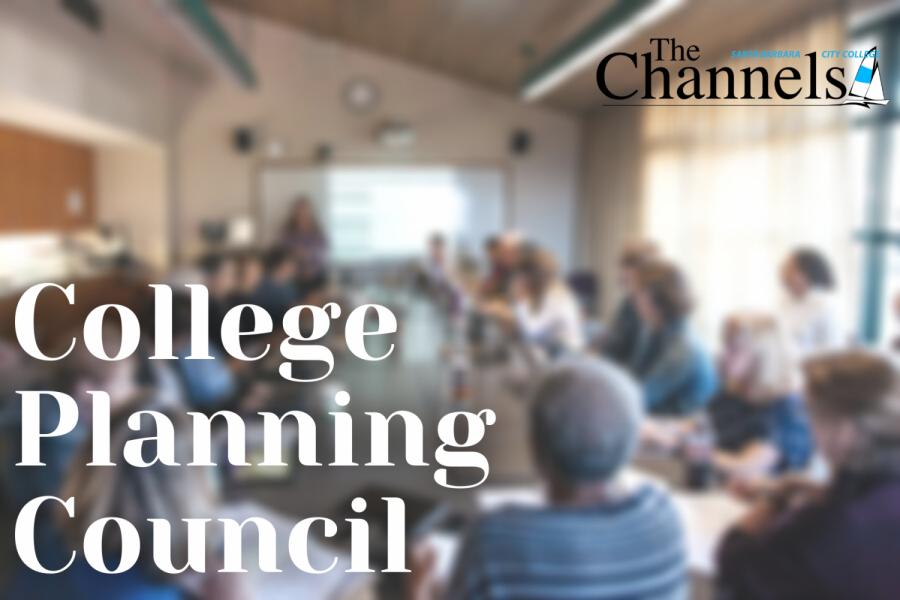The College Planning Council’s latest meeting was focused on how the college will move forward and ensure an equitable, diverse and inclusive environment for staff, faculty and students.
The discussion is a continuation of a larger theme among shared governance groups at City College addressing the results of the campus climate survey from 2019 that showed reports of discrimination and distrust between employees and administrators.
“Our intent is to resolve all the issues,” said Superintendent-President Utpal Goswami when he presented a document of suggested actions the college could take to demonstrate a commitment to equity, diversity and inclusion.
The course of action will be multifaceted and designed to approach issues from every possible angle.
Several members of the council expressed that the college needs to start incorporating equitable thinking into every aspect of the college without worrying about offending others because it all relates to student success.
“If you step on somebody’s toes, then they’re in the wrong place,” said council member Joyce Coleman. “It’s not about them, it’s about our students.”
Council member Raeanne Napoleon talked about how the daily “This Day in Black History” campus-wide emails that Coleman has been sending are a “refreshing” example of how the college can be bold and direct.
“I found it very healing,” Napoleon said.
Goswami also said that higher education systems are inherently unfair and some students are bound to fail.
“We are creating paths to failure for students all over the place,” he said. “The entire system is stacked against us.”
One example he cited was the “15 to finish” movement, which encourages students to take 15 credits per semester in order to meet their educational goals in a timely manner.
This idea was pushed in schools a few years ago.
“Yeah, it makes mathematical sense,” he said. “But forgets that more than 50% of our population can’t go to school full time.”
Institutionally addressing the climate survey has been on hold, but many initiatives are underway and the topic is heavily discussed in board meetings, student and academic senate meetings, and in the new town-hall Campus Climate Advisory Council meetings.
Goswami said he intended the conversation to begin last April, but he wanted to do it in-person.
“It’s very difficult to have those conversations in a Zoom environment,” he said. “We can’t wait any longer.”
The council will reconvene on March 2.








